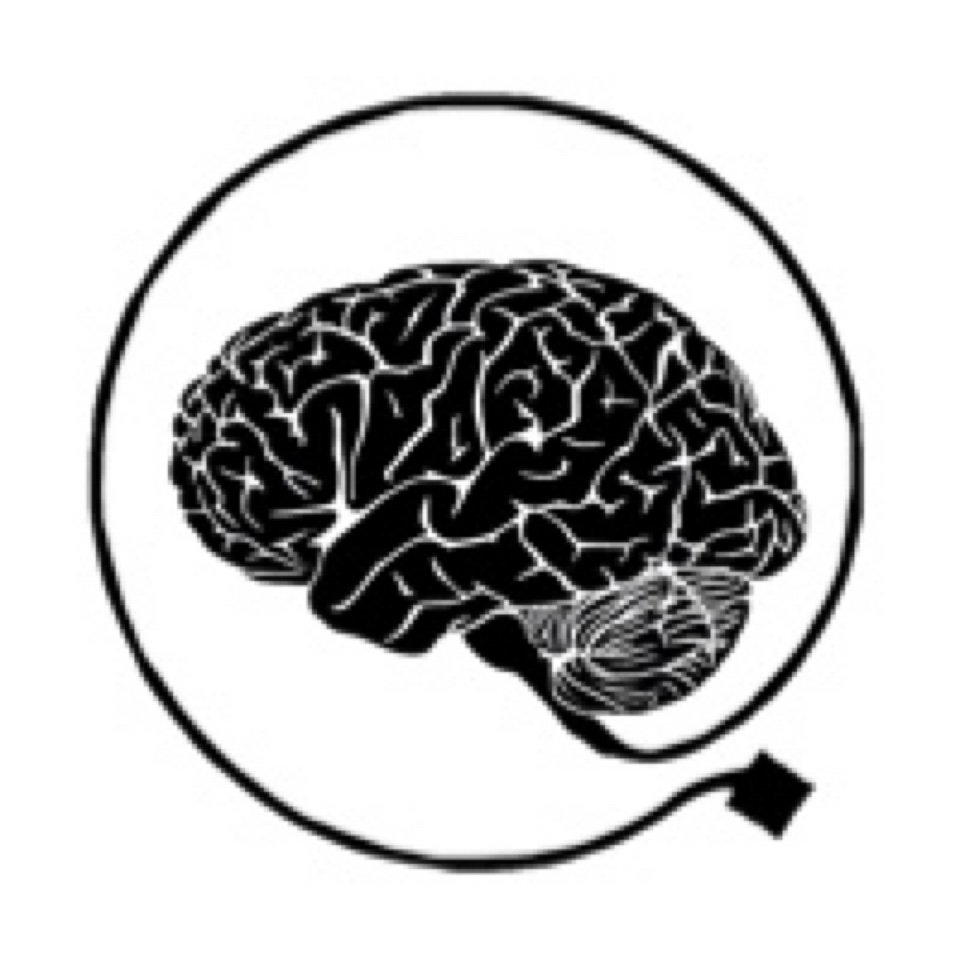
Similar Posts

Cognitive Ontology – Part 4: Externalism and Cognitive Kinds
Externalism in the philosophy of mind and cognitive science offers a compelling framework for understanding the nature and individuation of cognitive kinds, challenging traditional internalist perspectives that locate cognitive processes solely within the confines of the individual brain. Externalism posits…

Commentary on ‘Socially Extended Scientific Knowledge’
This is a part of the symposium on socially extended knowledge Hinchey, M., Jackson, M., Cousot, P., Cook, B., Bowen, J. P., & Margaria, T. (2008). Software engineering and formal methods. Communications of the ACM, 51(9), 54-59. However, to balance things out-…

Lauren Ross will livestream “Tracers In Neuroscience” on February 19
19 February 202115-17 Greenwhich Mean Time(Convert to your local time here) Tracers in neuroscience: Causation, constraints, and connectivity Lauren Ross (University of California, Irvine) Related: How to connect to Neural Mechanism Webinars Join the session (up to 10 minutes early)…

Rap and drill music give voice to the pain of life in a world of violence, and YouTube is the new amphitheatre | Ciaran Thapar
The police use a negative framing, but there is something positive in this potential for catharsis that can help so many see past the doom and gloom. It can turn an outpouring of pain into a bottling of strength because…

The Morality of Sending Asylum Seekers to Rwanda
Proponents of the Rwanda policy could try to defend it on deontological grounds by arguing that being sent to Rwanda is a justifiable punishment for blameworthy action. This defense is difficult to maintain, however, because the majority of asylum seekers…

Putting Theory in its Place, by John Bickle
John Bickle, Mississippi State University and University of Mississippi Medical Center The chapter’s fundamental conclusion is that the new experiment tools on whose use our best current theories in neurobiology depend are themselves the product of atheoretical laboratory “tinkering”: “fooling…

